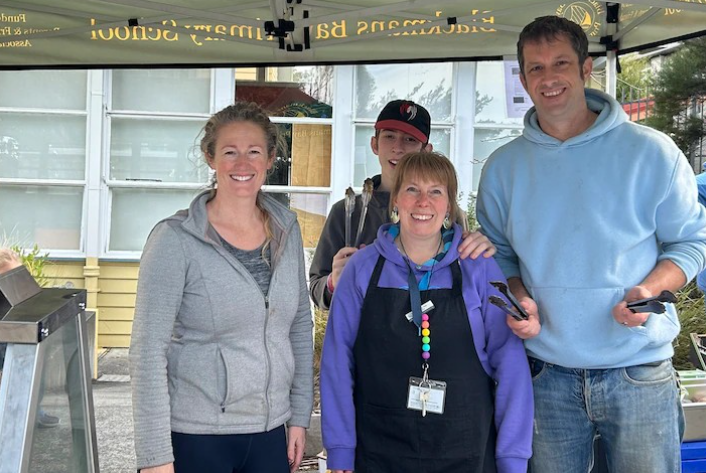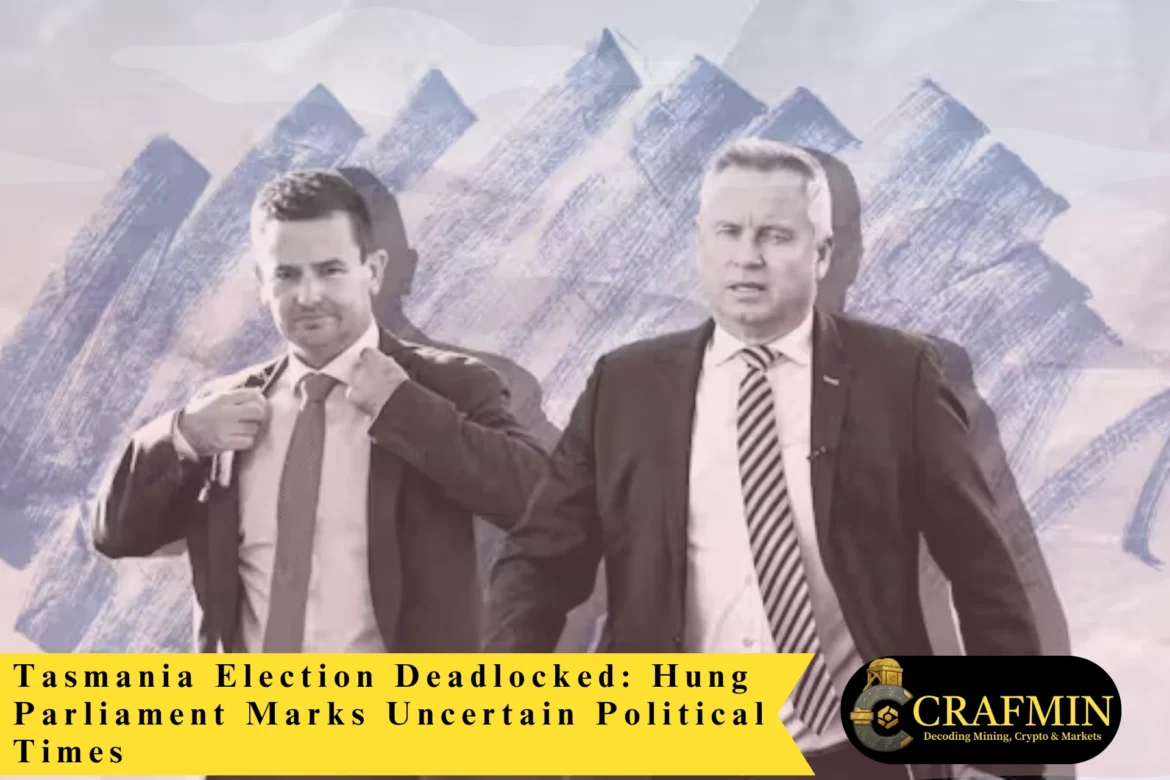
Tasmanians in queue to have their voice heard at the ballot box in Hobart on the day of the 2025 state election.Source: ABC News
In one of the most sensational political events Tasmania has seen in decades, the 2025 state election was a deadlocked hung parliament. Voters provided a split mandate on Saturday, denying both major parties—Labor and Liberal—a path forward to govern outright.
For the first time since 2010, Tasmania is presented with the test of a hung parliament, with no party in possession of the 18-seat majority needed to form government. As the dust settles, coalition talks have begun and everyone’s watching the independents and minor parties now holding the balance of power.
A Mandate for Change—But Not for One Side
The Liberal Party, led by Premier Jeremy Rockliff, stole 14 seats to leave itself in a narrow majority but with insufficient numbers to govern alone. Labor, led by Rebecca White, had a very poor result, losing to 10 seats – its worst result in nearly two decades.
Independents and small parties, including the Greens (3 seats), Jacqui Lambie Network (2 seats) are now the pivotal kingmakers in the play that plays out.
“This is a demonstration of voter discontent,” said University of Tasmania political scientist Dr. Lily Macrae. “Tasmanians want solutions, not slogans—and neither major party offered sufficient conviction or clarity.”
What’s Next? The Coalition Jigsaw
By Sunday morning, Premier Rockliff had already started reaching out to crossbenchers, seeking a confidence-and-supply deal that would enable his government to continue in office without an official coalition.
“Stability is my priority,” Rockliff told reporters in a subdued press conference. “We’re committed to working with anyone who puts Tasmania first.”
But agreement and settlement will not come easily. The Greens are demanding ambitious action on climate change, including a moratorium on the felling of native forests and higher targets for emissions reductions. The Jacqui Lambie Network, in turn, is demanding investment in rural mental health services and public housing—a long way from the Liberal election platform.

Jeremy Rockliff speaking to the media after the news of a hung parliament was announced. Source: The Guardian
Labor’s Options Dwindling
It’s not a great day for Labor’s Rebecca White. Having come into the campaign with hopes of winning outright over the Liberal government, the party failed to regain key marginal seats.
“We acknowledge the choice of electors,” White told a swift media stand-up. “Our role now will be constructive, as it is or otherwise.”
Labor’s campaign has indicated that the party may still try to woo the Greens and independents—though that would require massive concessions.
What the Hung Parliament Means for Everyday Tasmanians
As politicians scramble to find some common ground, ordinary Tasmanians just wonder how this uncertainty will affect housing affordability, health waiting times, and workplace security—all of the things that dominated the campaign.
“Tasmania’s health system is already on its knees,” said Devonport-registered nurse Mary-Anne Callister. “We can’t afford political paralysis.”
Industry leaders also expressed concern. “Investment in the state depends on stability,” Tasmanian Chamber of Commerce CEO Matt Brooks said. “Uncertainty can put infrastructure projects on hold and ruin the state’s economic turnaround.”
Also Read: Tim Tszyu Fight Time: Australia’s Quiet Warrior Back for Revenge
National Implications: Tasmania as a Bellwether
The result is not just a Tasmanian event—perhaps a harbinger of federal politics in 2025 and beyond.
Australia has seen a rise in support for independents and minor parties, proving a greater pattern of pushing away from the old politics. The Tasmania election has now become a national mood in miniature: cranky, assertive, and more difficult to predict.
“Two-party dominance is clearly on the wane,” Dr Macrae explained. “Tasmania is just the latest chapter of a national story of political realignment.”
What to Expect in the Coming Days
Coalition or Confidence-and-Supply Deals: The most likely outcome is a minority Liberal government with the backing of independents or minor parties.
Crossbench Demands: Greens and Lambie Network will bargain hard for policy gains.
Leadership Fallout: There can be internal party debate for both Labor and Liberal regarding their campaign organization and leadership ambitions.
Chances of Another Election: If no agreement is found, Tasmanians may be returning to the ballot box again within a few months.
Conclusion: Uncharted Territory
The 2025 state election result in Tasmania may appear a political stalemate, but it also provides the platform for unprecedented cooperation and policy imagination—if the leaders are willing.
In a democracy tested and strained by disillusion, apathy, and division, this hung parliament can either widen the cracks or demonstrate that power-sharing can be made to succeed.
One thing is for sure: Tasmania has had its say—and it needs more than business as usual.

